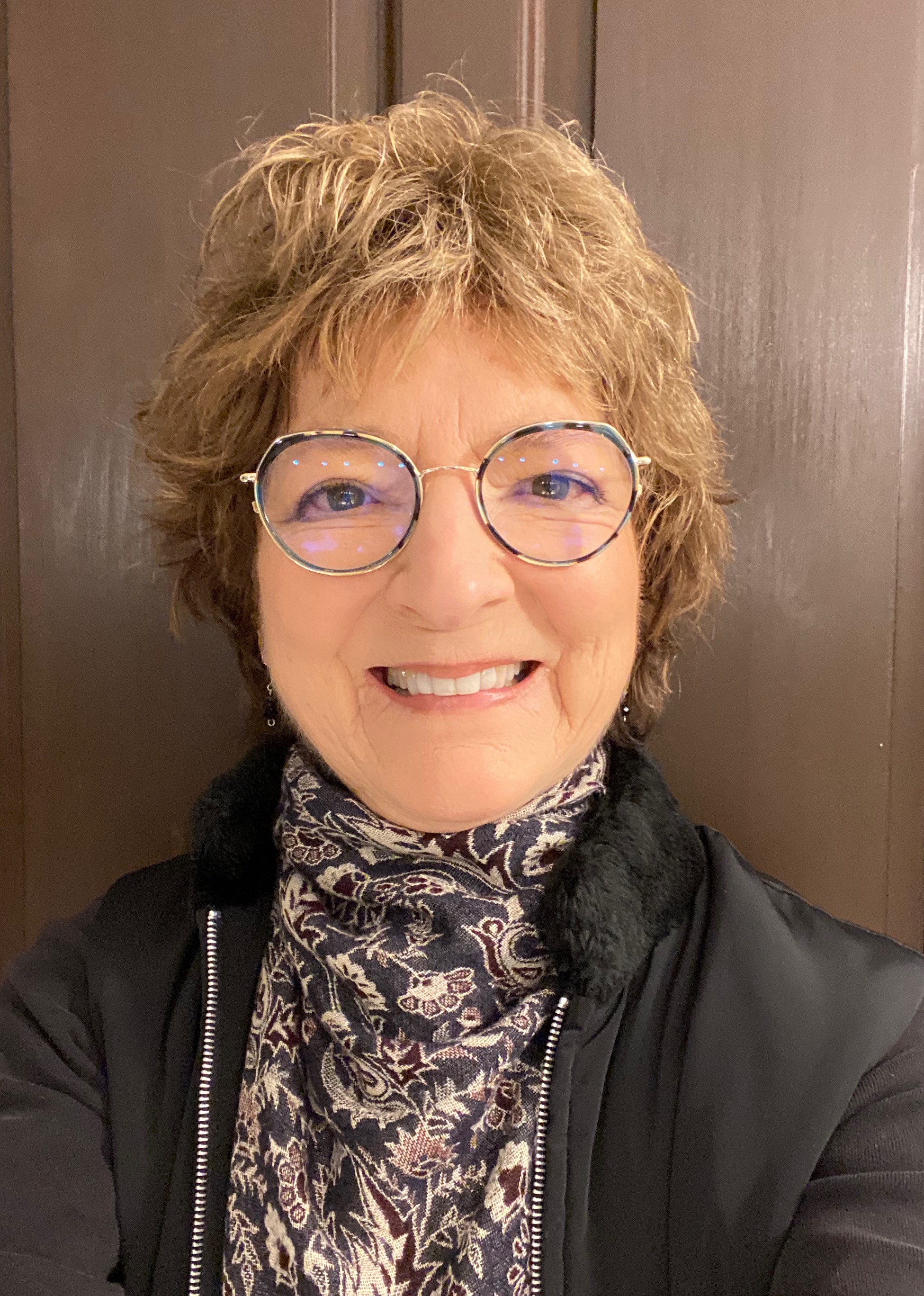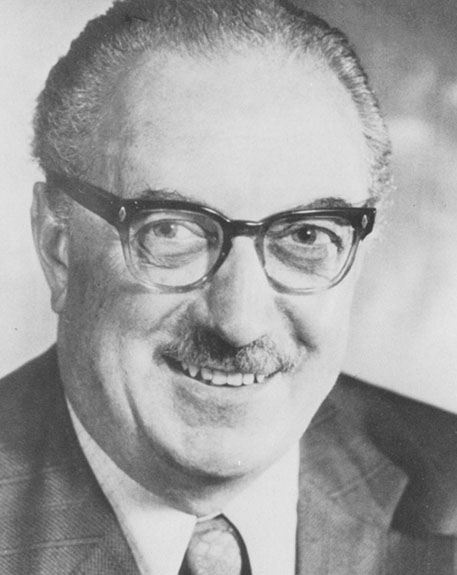2001 INDUCTEE William Gallie, MD Skin, Bones, Muscles & Joints, Health and Medical Education & Training, Leadership in Organizational Development, Patient Care
January 29, 1882
(Barrie, Ontario)
September 25, 1959
MD, University of Toronto (1903)
1952: Honorary DSc, University of Rochester
1949: Honorary LLD, University of Toronto
See All AwardsAwards & Honours:
1952: Honorary DSc, University of Rochester
1949: Honorary LLD, University of Toronto
Gold Medal of the Royal College of Surgeons of England
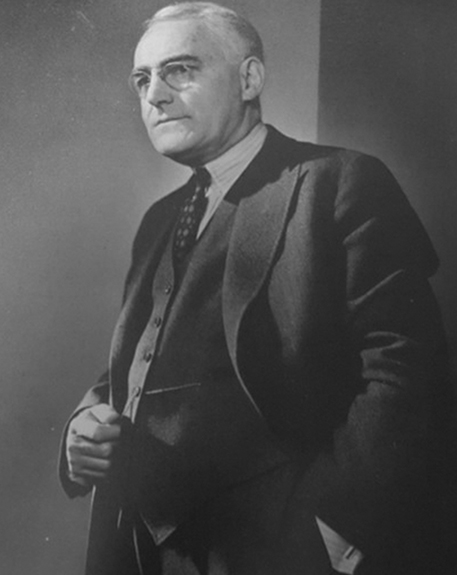
Founded Canada’s first formal residency training program in surgery
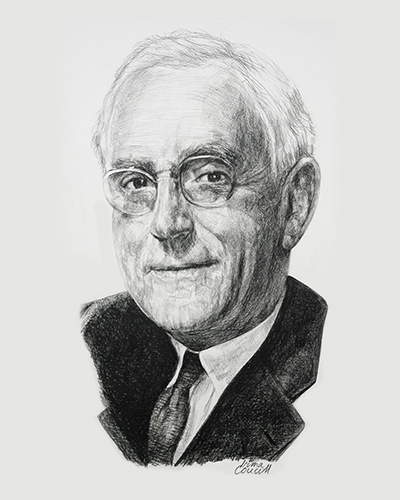
A pioneering orthopedic surgeon
Dr. William E. Gallie was a brilliant and innovative general surgeon with a particular expertise in orthopaedics. He devised numerous new methods in surgery, including the transplantation of bone, the implantation of tendons, and skeletal traction in the treatment of fractures and dislocations of the spine. For many years, Dr. Gallie trained surgical residents in the traditional informal way, before establishing the first formal program of post-graduate surgical training in Canada in the 1930s. He was also instrumental in convincing Sam McLaughlin of General Motors of Canada to endow a foundation to support Canadian surgical trainees studying abroad.
Key Facts
Developed a method of tendon fixation to stabilize paralytic feet
Served as the only surgeon at the Hospital for Sick Children from 1914 to 1917
The Gallie Course in Surgery was the first of its kind in Canada and was soon widely adopted
Served as President of the American College of Surgeons for an unprecedented six years
Professional timeline
Impact on lives today
Today, post-graduate training in general surgery is known as the “Gallie Course,” ensuring that Gallie’s contribution to surgical training will never be forgotten. Gallie, however, is more than remembered. His legacy is felt. A leader in orthopedic surgery, Gallie’s cervical wiring technique for spine surgery remains one of the three most commonly taught wiring techniques in neurosurgical training programs. More broadly, as a visionary for surgical education, Gallie established a rigorous surgical training program that continues to inform Canadian standards of excellence in surgical curriculum today. In addition, the McLaughlin Foundation remains a significant supporter of Canadian surgical development.
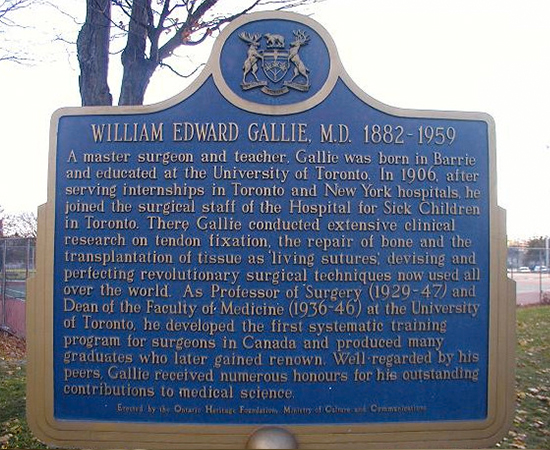
2001
-
William Gallie posthumously inducted into the Canadian Medical Hall of Fame
Winnipeg, Manitoba
-
The R. Samuel McLaughlin Foundation was established
Health and Medical Education & TrainingThis foundation supports advanced post-graduate studies for surgeons in Canadian medical schools.
-
William Gallie’s post graduate training course in surgery was established
Health and Medical Education & TrainingThis two-year residency program in surgery exposed students to a year of training in general surgery followed by periods of specialization in urology, neurosurgery or pediatric surgery. It soon spread to all teaching hospitals associated with the University of Toronto.
-
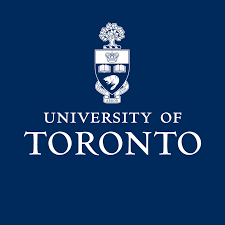
Appointed Surgeon-in-Chief at Toronto General Hospital and Professor of Surgery at the University of Toronto
Leadership in Organizational Development, Health and Medical Education & TrainingExcelling in positions of leadership, he became Dean of Medicine in 1936.
-
After the war, William Gallie returned to Canada and became surgeon in Chief at the Hospital for Sick Children
Skin, Bones, Muscles & Joints, Patient CareDuring this period, he continued his research on the use of tissue in surgical repair.
-
Gallie joined Canada’s war effort
He served in England at the Canadian Special Treatment Hospital and earned the rank of Major (Act.).
-

Returned to Toronto to join the surgical staff of the Hospital for Sick Children
He was also appointed junior surgeon at the Toronto General Hospital where he worked until 1910.
-
After entering medical school at the age of 17, Gallie graduated with his MD in 1903
He then spent a year as an intern at the Hospital for Sick Children and another year at the Toronto General Hospital. He then travelled to New York for further training at its Hospital for the Ruptured and Crippled.
1903
He was a world leader in moving surgery and medicine forward.

